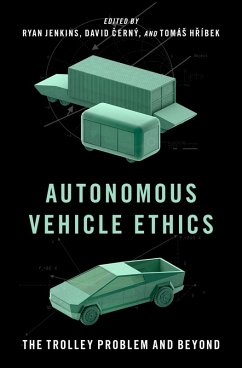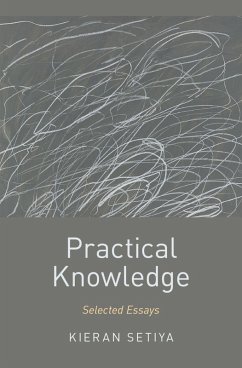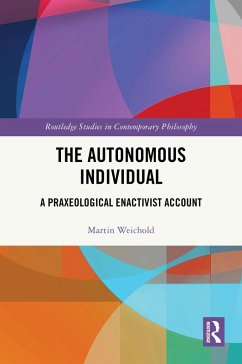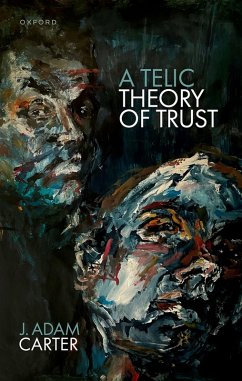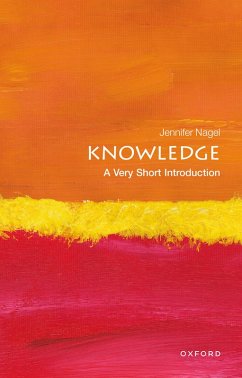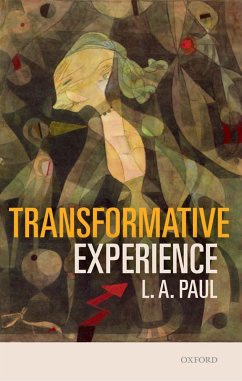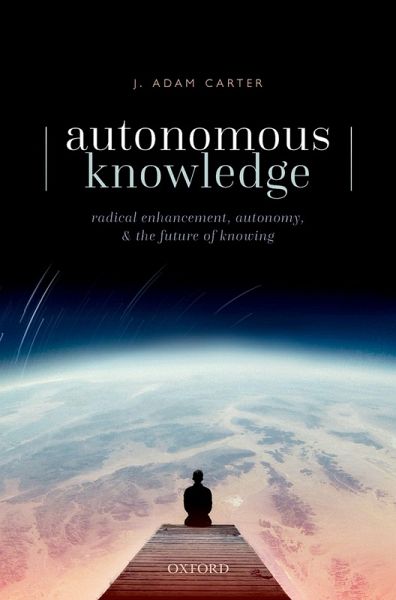
Autonomous Knowledge (eBook, PDF)
Radical Enhancement, Autonomy, and the Future of Knowing
Versandkostenfrei!
Sofort per Download lieferbar
34,95 €
inkl. MwSt.
Weitere Ausgaben:

PAYBACK Punkte
17 °P sammeln!
A central conclusion developed and defended throughout the book is that epistemic autonomy is necessary for knowledge (both knowledge-that and knowledge-how) and in ways that epistemologists have not yet fully appreciated. The book is divided into five chapters. Chapter 1 motivates (using a series of twists on Lehrer's TrueTemp case) the claim that propositional knowledge requires autonomous belief. Chapters 2 and 3 flesh out this proposal in two ways, by defending a specific form of history-sensitive externalism with respect to propositional knowledge-apt autonomous belief (Chapter 2) and by ...
A central conclusion developed and defended throughout the book is that epistemic autonomy is necessary for knowledge (both knowledge-that and knowledge-how) and in ways that epistemologists have not yet fully appreciated. The book is divided into five chapters. Chapter 1 motivates (using a series of twists on Lehrer's TrueTemp case) the claim that propositional knowledge requires autonomous belief. Chapters 2 and 3 flesh out this proposal in two ways, by defending a specific form of history-sensitive externalism with respect to propositional knowledge-apt autonomous belief (Chapter 2) and by showing how the idea that knowledge requires autonomous belief-understood along the externalist lines proposed-corresponds with an entirely new class of knowledge defeaters (Chapter 3). Chapter 4 extends the proposal to (both intellectualist and anti-intellectualist) knowledge-how and performance enhancement, and in a way that combines insights from virtue epistemology with research on freedom, responsibility, and manipulation. Chapter 5 concludes with a new twist on the Value of Knowledge debate, by vindicating the value of epistemically autonomous knowledge over that which falls short, including (mere) heteronomous but otherwise epistemically impeccable justified true belief.
Dieser Download kann aus rechtlichen Gründen nur mit Rechnungsadresse in A, B, BG, CY, CZ, D, DK, EW, E, FIN, F, GR, HR, H, IRL, I, LT, L, LR, M, NL, PL, P, R, S, SLO, SK ausgeliefert werden.




